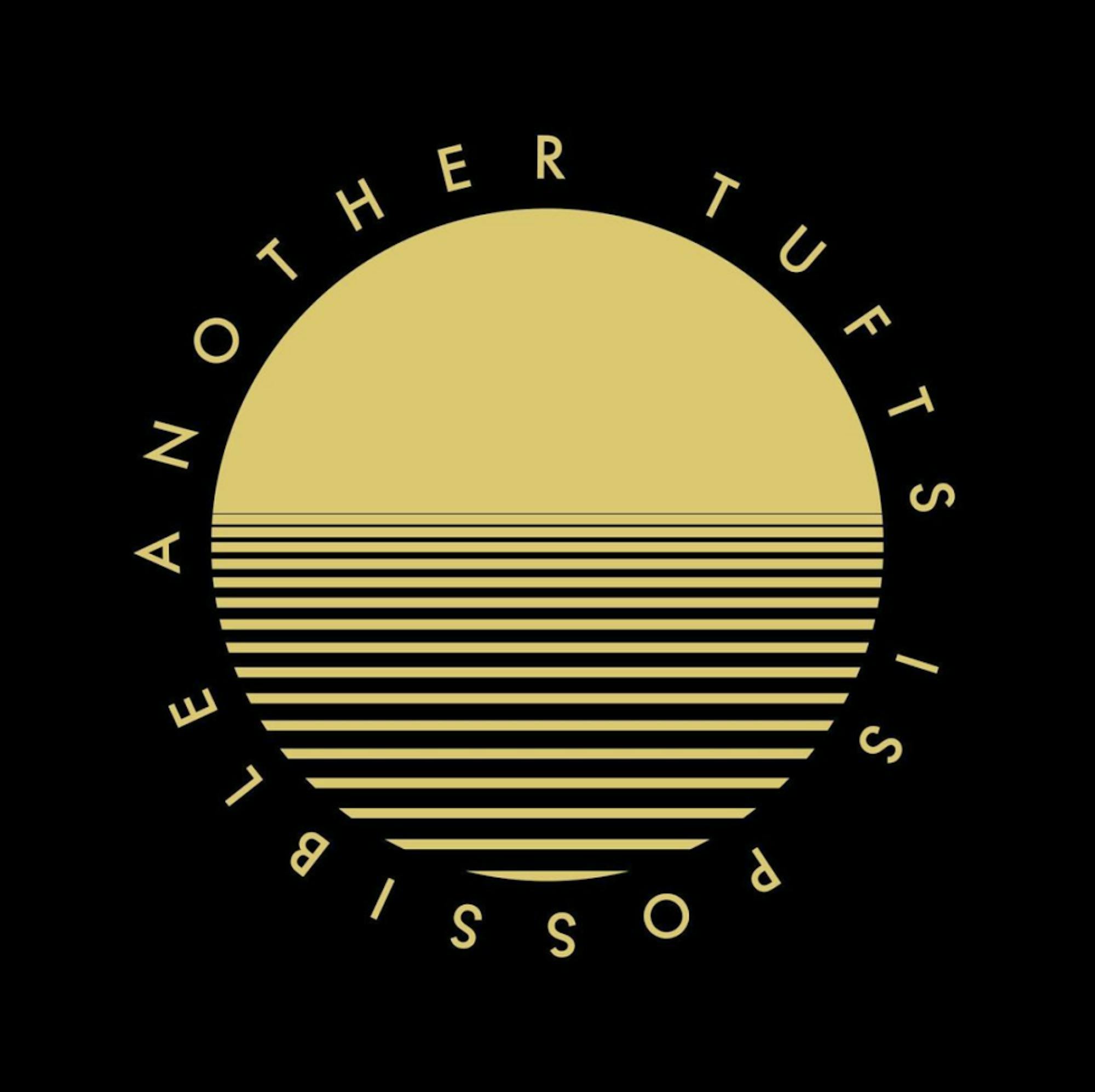In light of the Black Lives Matter movement and protests that occurred over the past summer, several Tufts faculty and staff members founded the Tufts Action Group (TAG) to advocate for a strengthened community that supports Black and other historically marginalized groups across Tufts campuses.
Since its founding, TAG has created initiatives such as Another Tufts is Possible (ATIP), a digital platform that invites Tufts community members to envision the university as a more just and inclusive institution, and “Divest from TUPD,” a letter to the administration that has garnered over 2000 signatures from students, professors, alumni and staff members from across all Tufts campuses.
Chelcie Rowell, a member of the TAG steering committee and head of digital scholarship at Tisch Library, explained the goals and purposes of the group.
“Tufts Action Group formed over this past summer in the midst of both the COVID-19 pandemic but also the pandemic of police brutality, particularly against Black lives,” Rowell said. “Tufts Action Group is this collective of faculty and staff that are organizing at Tufts, in alignment with Black Lives Matter.”
Kareem Khubchandani, a founding member of TAG and a professor in the Department of Theatre, Dance, and Performance Studies, explained that while he commended Tufts' efforts to tackle racial justice issues, he was concerned about how the crisis of police violence translates to Tufts.
“I was excited to see that the university had responded to the ongoing crisis around Black lives and activism by the Black Lives Matter movement early in the summer, but I was also concerned that there wasn’t explicit language around the crisis of police violence, and what that means for the university,” Khubchandani said.
Khubchandani subsequently started drafting a letter with his colleagues and friends to advocate for the university to commit to divesting from and disarming the Tufts University Police Department (TUPD). The June 18 letter, entitled “In solidarity with the Movement for Black Lives, we call for Tufts University to Disarm and Defund the TUPD,” criticizes TUPD’s escalation and militarization practices. It states that resources dedicated to TUPD should be utilized elsewhere.
“As members of the Tufts community committed to abolition, we demand the University cut ties with state and local law enforcement agencies, disarm and defund the Tufts Police Department, and reallocate resources towards collective community safety,” the letter reads.
The letter was soon disseminated through social media in mid-June, in addition to departmental e-lists and personal relationships with other members of the Tufts community across campuses, according to Rowell.
Khubchandani explained that after TAG’s membership grew and its conversations became broader, the group began Another Tufts is Possible, which consists of social media accounts that elicit visions and critiques for Tufts, as well as monthly webinars that educate the community about racial justice.
“[ATIP] came out of early conversations where we said … we want to do some work to hold folks accountable to what's going on, but we also want to give people a way to imagine what they want,” Khubchandani said. “[ATIP] is one social media campaign where people can input the kind of Tufts they want to see, and we publish those. But then it's also the series of webinars.”
For Khubchandani, one of the most powerful submissions to ATIP was bySilas Pinto, a senior lecturer in the Department of Education, who wrote “[Another Tufts] would clearly map power.”
“We often don't know who has the power to … change the curriculum, who can make a decision about disarmament, who can change the community living structures,” Khubchandani said. “So this idea of clearly mapping power.”
According to Rowell, TAG is also developing a policy platform, inspired by the“Vision for Black Lives”policy agenda launched by the organization the Movement for Black Lives. The five high-level planks include “stop the harm,” “remedy the harm,” “reallocate resources,” “economic and knowledge justice” and “transform the power structure.”
Keith Maddox, a member of the TAG steering committee and an associate professor of psychology, elaborated on some of the specific policies.
“Transform the power structure means that these kinds of changes need to come from the top-down rather than relying on grassroots efforts,” Maddox wrote in an email to the Daily. "Anti-racism efforts should be part of the job description of people at the highest levels of the institution, and those individuals should be empowered to make these changes among the people and programs that they oversee."
Rowell believes TAG and ATIP serve as vital alternatives, alongside the university administration’s efforts, in addressing racial justice.
“I think [Another Tufts is Possible] is trying to step outside ... the work that is taking place through formal channels and shake up people’s imaginations so that they really can imagine what an entirely other model ... means, and how we can care for our community and deliberately create the conditions for lots of folks to feel safe on campus,” Rowell said.






